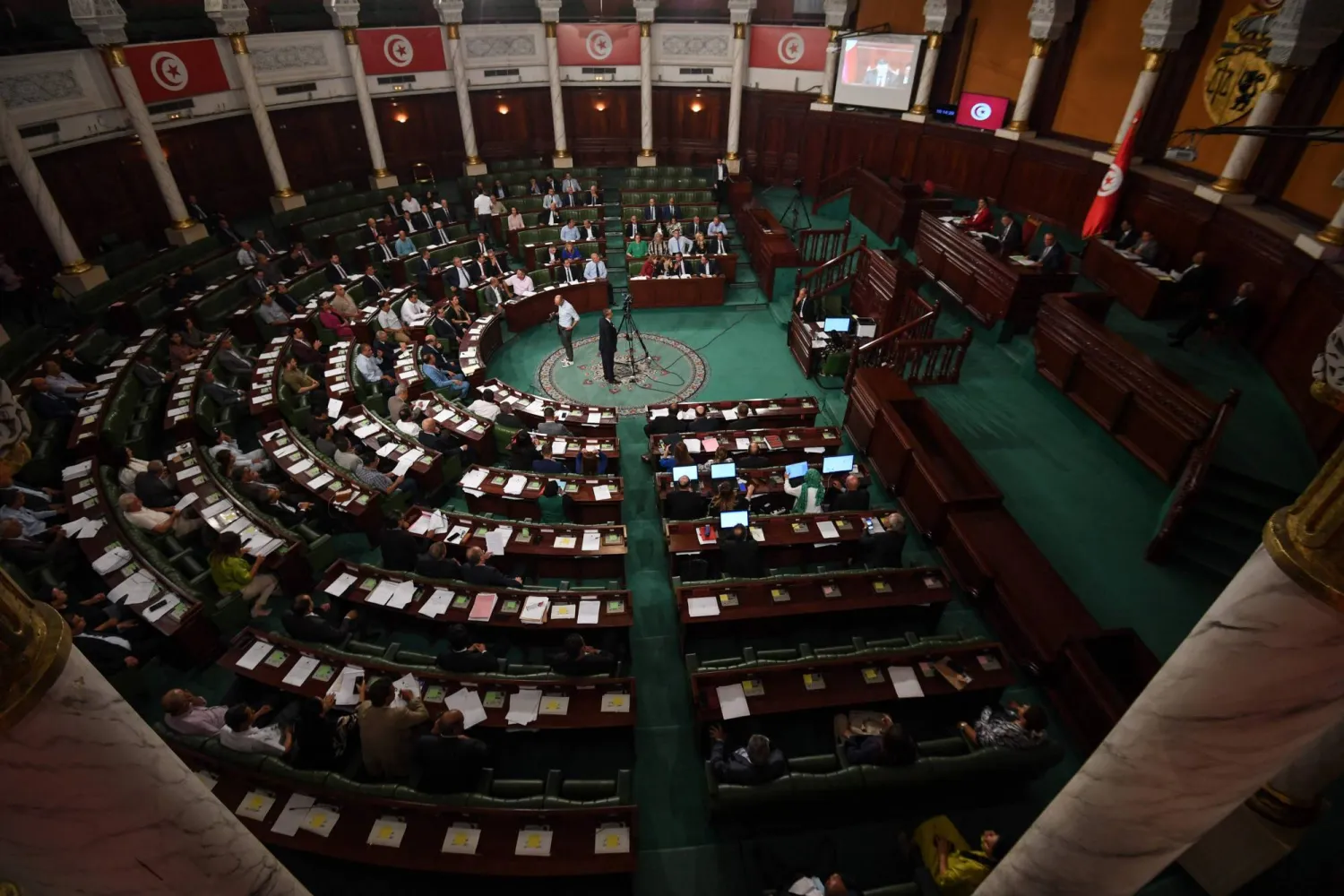Tunisians head to the polls Sunday for a presidential election in which analysts say incumbent Kais Saied is poised for victory with his most prominent critics behind bars.
The near-certainty of Saied's win has created a mood of resignation in opposition ranks and made for a deeply lackluster campaign.
There have been no campaign rallies or public debates and nearly all the campaign posters in city streets have been the incumbent's, said AFP.
It is a major step back for a country that long prided itself as the birthplace of the Arab Spring uprisings of 2011 and a contrast even with the 2019 election that thrust Saied, then a little known law lecturer, to power.
The political outsider won by a landslide, with 73 percent of the vote in a second round runoff that saw turnout of 58 percent.
He had campaigned on a platform of strong government after nearly a decade of deadlock between Islamist and secular blocs since the 2011 revolution.
In 2021, he staged a sweeping power grab, dismissing the Islamist-led parliament. The following year he rewrote the constitution.
A quickening crackdown on political dissent which has seen jail sentences for critics across the political spectrum has drawn mounting criticism at home and abroad.
Jailed opposition figures include Rached Ghannouchi, head of the Islamist-inspired opposition party Ennahdha, which dominated political life after the revolution.
Also detained is Abir Moussi, head of the Free Destourian Party, which critics accuse of wanting to bring back the ousted regime.
'Neutralizing' opposition
Saied's critics say that higher thresholds for candidate registration have also been exploited by the incumbent's campaign.
Fourteen hopefuls were barred from joining the race, after election organizers ruled they had failed to provide enough signatures of endorsement, among other technicalities.
Some have been jailed after being convicted of forging signatures.
Human Rights Watch and other rights groups have charged that the organizers' decision to reject the candidates was political.
Hatem Nafti, a political commentator and author of a forthcoming book on Saied's rule, said rights and freedoms have been curtailed since Saied's "coup d'etat" in 2021.
"But things have reached a new level during this election, with attempts to prevent any succession (to Saied)," he told AFP.
The result has been that Saied faces just two challengers, one of them, former lawmaker Zouhair Maghzaoui, a supporter of the president's 2021 power grab who "remains associated" with him, Nafti said.
North Africa analyst Pierre Vermeren said the election's outcome had been decided in advance, citing "imbalances of all sorts between candidates".
"Everything was done to ensure that a second round did not take place," he told AFP.
Referring to Maghzaoui, Vermeren said "allowing a second-rate personality with a similar political persuasion as Saied's" to join the race presented the incumbent with no real risk to his rule.
He said Maghzaoui's candidacy was "a way of neutralizing potential opposition".
Jailed candidate
The second challenger, Ayachi Zammel, is also a former lawmaker and leads a small liberal party.
His candidacy was approved by election organizers shortly before he was charged with and later convicted of forging voter endorsements.
He currently faces more than 12 years in prison.
The jail sentence doesn't affect his candidacy. The same was the case with 2019 presidential hopeful Nabil Karoui, who made it into the runoff against Saied from behind bars.
But unlike Zammel, Karoui was well known as the owner of the widely watched television channel Nessma.
Nafti said Zammel had the potential to rally support from across the political spectrum, but he doubted it was "enough", particularly after the prison sentence.
"He could have represented a focal point for the opposition, but his status as a convicted prisoner can only lead voters to disengagement and abstention," he said.
With little at stake for Saied, his main challenge is to ensure a respectable turnout.
In the 2022 referendum on Saied's revision of the constitution, only 30 percent of voters turned out.
In 2024 elections to a new legislature with limited powers, that figure fell to 11 percent -- a record low since the revolution.









